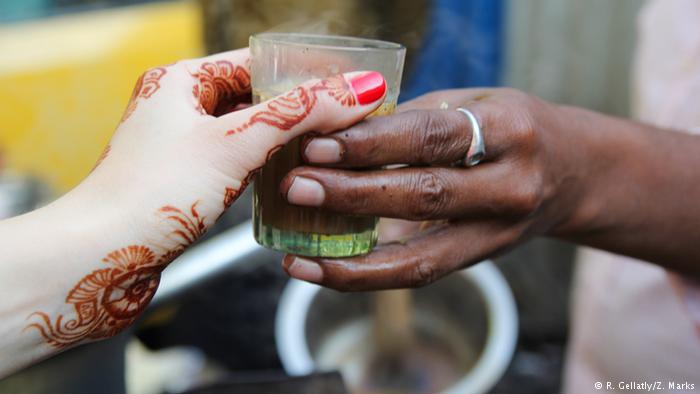An unfair God?
Dargah Haji Ali is a famous landmark in Mumbai and attracts thousands of visitors every year. The glittering marble structure is laid out on a rocky bed 500 yards into the Arabian sea off the coast of South Mumbai. The iconic shrine has inspired odes from Bollywood and has been sought out by people of all religions over the decades, but soon, women will be denied entry into the famous shrine.
In a startling turn of events, a women’s group protested the ban on women entering the inner tomb (the astana) earlier this week. Noorjehan Safia Niaz, a woman’s rights activist conducted a survey of 20 shrines in Maharashtra with her organisation. The survey showed that seven shrines had imposed a ban barring women from entering the inner sanctum of these shrines. These bans have been imposed by individual dargah (shrine) trustees.
This comes as a shock as it goes against everything that the Indian Constitution stands for. Quoting from the Preamble to the Indian constitution, “A Sovereign, Socialist, Secular, Democratic republic that promises to secure Justice, Liberty, Equality and Fraternity to all its citizens”. It even goes against the secularist spirit of mystical Islam that has always celebrated saints, music and cultural plurality. This may now be under threat from extremist Islam. Historians have tracked the influence of Saudi Arabia on their traditions. This ‘Arabization’ leaves little room for women and their personal freedom. Niaz and her organization are now worried that soon more shrines will impose bans restricting women and denying them the privilege to pay their respects.
In patriarchal societies, women have not had much say regardless of what religion they belonged to. Hindus are cremated and their ashes are immersed in a holy river to release the soul of the dead. Being a Hindu myself I have never been allowed near a funeral pyre. It is considered inauspicious for women. Coming to think of it, looking at a body of a dear one going up in flames is an image that scars one for life anyway, but some women still choose to go to the funeral grounds and it has become a matter of choice. According to the Hindu tradition, only male members of the family are allowed to perform the last rites for a family member, but when a male heir is not available, women have been allowed to take on the role.
According to the Sharia, the Islamic code of law, women are not allowed to follow the Janazaa (the procession towards the graveyard). But shrines have historically never barred women from paying their respects in their inner sanctum. Now the question is whether it is a universal law? If yes, then why do we have this newdevelopment all of a sudden? Do all Muslims agree to it? The bigger question is, why is there such discrimination about women paying their respects in the inner sanctum only in India? Who decides the exceptions? Does God personally sanction the exceptions in each case?
Is now the sacred sanctum of spirituality reserved only for men? Are women lesser beings in the eyes of Allah? And how is it that women hinder men from receiving blessings? Are we going backwards while the world is fighting for gender equality and women’s emancipation? Are we being yet again stripped of the freedom of choice because we are women? Changing times and too many questions, such a pity, I guess God is not calling me on a private line sometime soon!
Author: Roma Rajpal
Editor: Manasi Gopalakrishnan







